Left-wing journalists readily accepted the fabrication, useful as it was to the cause of communism. Orwell didn’t, exposing the lie with eyewitness testimony in journalism that preceded his classic book Homage to Catalonia—and that made him a heretic on the left. He was stoical about the boredom and discomforts of trench warfare—he was shot in the neck and barely escaped Spain with his life—but he took the erasure of truth hard. It threatened his sense of what makes us sane, and life worth living….
The biographical story of 1984—the dying man’s race against time to finish his novel in a remote cottage on the Isle of Jura, off Scotland—will be familiar to many Orwell readers. One of Lynskey’s contributions is to destroy the notion that its terrifying vision can be attributed to, and in some way disregarded as, the death wish of a tuberculosis patient. In fact, terminal illness roused in Orwell a rage to live—he got remarried on his deathbed—just as the novel’s pessimism is relieved, until its last pages, by Winston Smith’s attachment to nature, antique objects, the smell of coffee, the sound of a proletarian woman singing, and above all his lover, Julia. 1984 is crushingly grim, but its clarity and rigor are stimulants to consciousness and resistance. According to Lynskey, “Nothing in Orwell’s life and work supports a diagnosis of despair.”
Lynskey traces the literary genesis of 1984 to the utopian fictions of the optimistic 19th century—Edward Bellamy’s Looking Backward (1888); the sci-fi novels of H. G. Wells, which Orwell read as a boy—and their dystopian successors in the 20th, including the Russian Yevgeny Zamyatin’s We (1924) and Huxley’s Brave New World (1932). The most interesting pages in The Ministry of Truth are Lynskey’s account of the novel’s afterlife. The struggle to claim 1984 began immediately upon publication, with a battle over its political meaning. Conservative American reviewers concluded that Orwell’s main target wasn’t just the Soviet Union but the left generally. Orwell, fading fast, waded in with a statement explaining that the novel was not an attack on any particular government but a satire of the totalitarian tendencies in Western society and intellectuals: “The moral to be drawn from this dangerous nightmare situation is a simple one: Don’t let it happen. It depends on you.”
We don’t live under anything like a totalitarian system. “By definition, a country in which you are free to read Nineteen Eighty-Four is not the country described in Nineteen Eighty-Four,” Lynskey acknowledges. Instead, we pass our days under the nonstop surveillance of a telescreen that we bought at the Apple Store, carry with us everywhere, and tell everything to, without any coercion by the state. The Ministry of Truth is Facebook, Google, and cable news. We have met Big Brother and he is us…. Unfreedom today is voluntary. It comes from the bottom up….
Today the problem is too much information from too many sources, with a resulting plague of fragmentation and division—not excessive authority but its disappearance, which leaves ordinary people to work out the facts for themselves, at the mercy of their own prejudices and delusions….”
Unfortunately, George Packer’s otherwise thoughtful article is plagued by his overbearing diatribe against Trump, and how 1984 is upon us under the horror that is Trump. I say Packer has Trump Derangement Syndrome.
But 1984 is still a very relevant masterpiece, and the article is thought-provoking, especially if you can stomach the leftist nonsense I edited out. (Lynskey does the same thing in the book.) The irony is – the Leftists seem like Big Brother.


